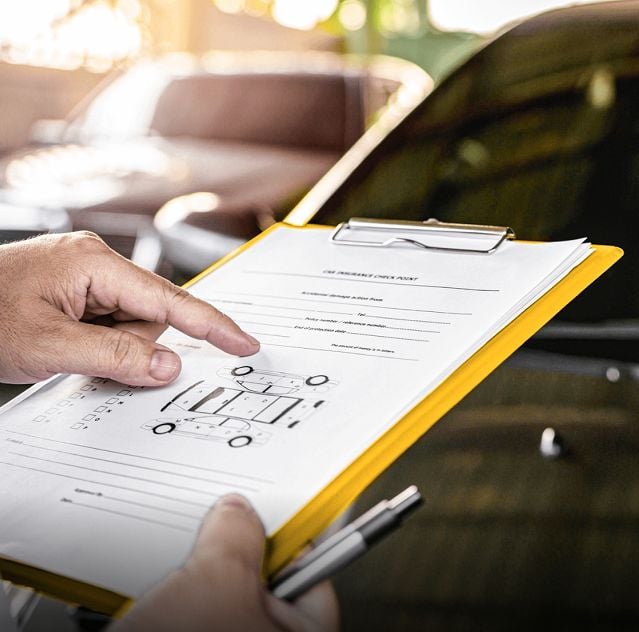

Rules for Importing Cars from Japan into New Zealand
Mastering Vehicle Imports: Rules and Regulations for Importing Cars from Japan into New Zealand
Navigating the world of vehicle imports into New Zealand can be a complex task, particularly when it comes to understanding the importing rules and regulations. This article aims to provide a comprehensive guide to help you understand every aspect of the importing process, with a particular focus on cars from Japan – a popular choice among New Zealanders.
We will take you through the step-by-step process of importing, cover the legal requirements, and offer tips for a smooth car import experience. We will also delve into the common challenges faced when importing cars from Japan to New Zealand, explain the tax system for vehicle imports, and discuss how to ensure your imported car meets New Zealand’s stringent safety standards.
Lastly, we explore the emerging trend of importing electric or hybrid cars from Japan. So, whether you’re a seasoned importer or a novice, this article will provide the insights you need for a successful vehicle import into New Zealand.
Understanding Vehicle Imports: A Comprehensive Guide
Importing a car into New Zealand involves several significant steps and understanding the process of vehicle imports can make the journey smoother. To ensure a seamless experience, it’s essential to comprehend the importing rules and regulations, especially if you’re importing cars from Japan, a popular choice among New Zealanders.
Vehicle imports to New Zealand are subject to a comprehensive set of rules and regulations designed to ensure the safety and environmental standards of all vehicles on the road. It’s not just about buying a car and shipping it over; the process involves a thorough inspection and certification to confirm that the vehicle meets New Zealand’s stringent standards.
Before you start the importation process, it is important to know if your vehicle is eligible to enter New Zealand. The New Zealand Transport Agency (NZTA) has specific criteria that dictate the type of vehicles that can be imported. Cars from Japan, for instance, have to comply with Japan’s safety and emission standards, which are recognized by the NZTA.
After ensuring that your vehicle is eligible, the next step is to understand the costs involved. Importing a car isn’t cheap – you will need to consider the purchase price, shipping costs, customs duty, and Goods and Services Tax (GST). Additionally, there may be extra costs for any modifications needed to meet New Zealand standards and for the vehicle compliance inspection.
Once the vehicle arrives in New Zealand, it must go through a rigorous entry certification process. This involves a thorough inspection to ensure it meets the required safety, emission, and fuel-efficiency standards. Only after this process is completed and the vehicle passes all checks, will it be registered for use on New Zealand’s roads.
In summary, vehicle imports into New Zealand involve a detailed process that requires a good understanding of the importing rules and regulations. This includes assessing eligibility, understanding the costs involved, shipping the vehicle, and ensuring it complies with New Zealand’s safety and environmental standards. It’s a complex process, but with careful planning and preparation, it can be a worthwhile investment, especially when importing high-quality cars from Japan.
Looking to import a car from Japan? Read our online article here. 5 minutes or less
See Japan vehicle auctions here.
Table of Contents
ToggleAdd a comment Cancel reply
Categories
- Auto Detailing (4)
- Car News (47)
- Car Reviews (35)
- Classic Cars (20)
- Importing Rules By Country (5)
- Japan Car Auctions (2)
- JDM (15)
- Uncategorized (22)
Recent Posts
About us

I am not one for writing articles actually so most of these articles come from contributors that I have met over the years or with a little help of our AI buddy.
If you have any desire to import a car from Japan or simply need some advice get in touch via Whatsapp here at +81-90-5400-6384
Looking For That Special Car Has Never Been Easier.
Finding the right car in Japan is not always easy and finding the best partner in Japan to help you with this is sometimes even harder.
With over 25 years buying history and great contacts all over Japan I can help you in every way.
Get hold of me today!
Popular Tags
Related posts


Rules to Import Cars from Japan into Cyprus


Rules for Importing Cars from Japan to the UK


Rules for Importing Cars from Japan into Australia








